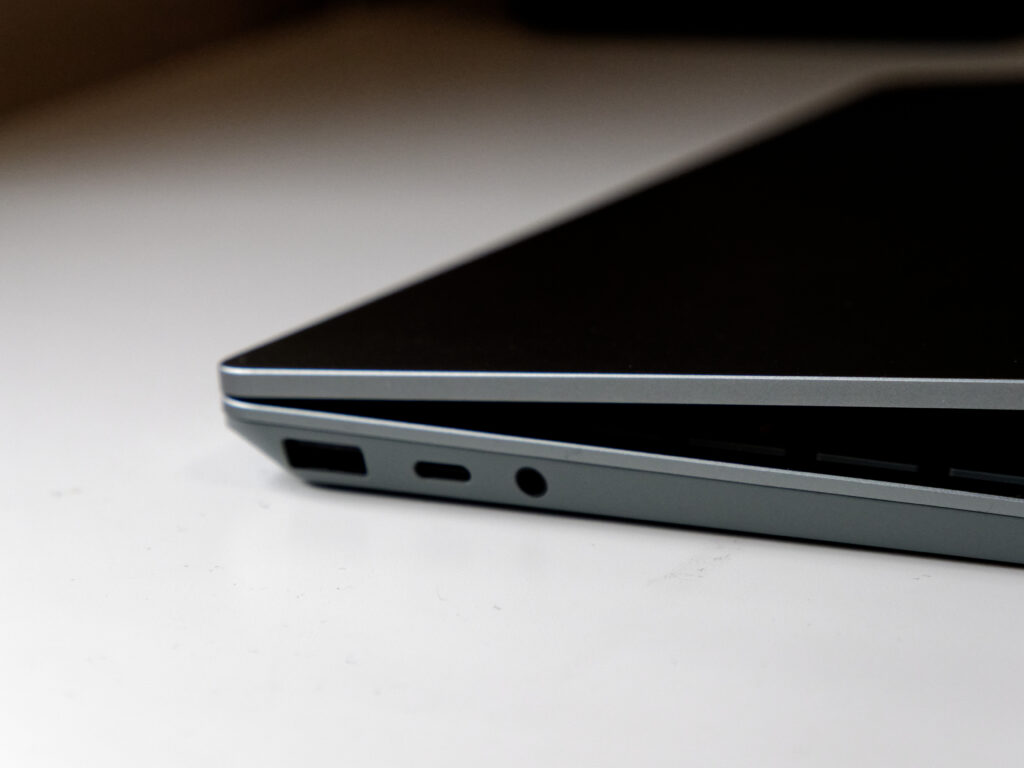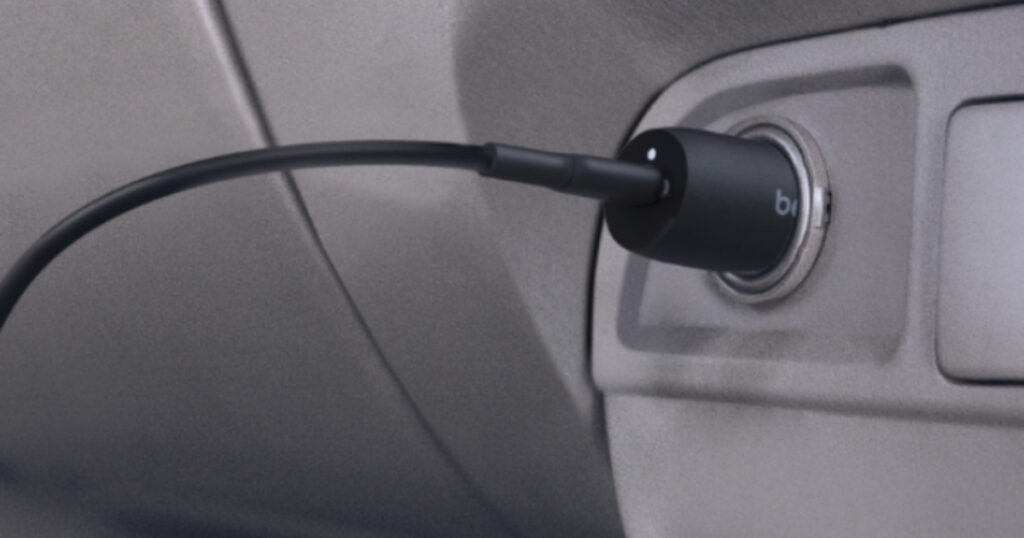When it comes to streaming Netflix, YouTube or live-streaming on Twitch, Australian broadband can be your worst enemy.
The best internet providers for streaming in Australia
- : Best NBN for streaming
- : Next best NBN for streaming
- : Third best broadband for streaming
- : Best for latency
- : Fifth fastest wifi for streaming is one of the cheapest

There’s nothing quite as frustrating as some poorly-timed buffering right as the action is about to kick off with your streaming service of choice. The NBN (National Broadband Network) might have improved things somewhat for the percentage of Australians who have access to it but we’re not quite out of the woods yet. Many Australians still have trouble managing a reliable HD 1080p stream when using wifi for streaming, let alone a solid 4K stream, and live-streaming on Twitch or YouTube is simply out of the question for many.
Still, some ISPs (Internet Service Providers) are better for helping you supercharge your wifi for streaming than others. It’s near-impossible to say with certainty what your experience will be like with any given provider, but using the data supplied in the ACCC (Australian Competition and Consumer Commission) Broadband performance report, we can at least steer you in the right direction of the best internet for streaming TV.
But first, here's a quick view of the plans offered by the best NBN providers that offer broadband for streaming in Australia.
The figures quoted in this article are accurate as of the December 2022 ACCC Broadband performance report.
1. Exetel
Best internet provider for streaming
Exetel was one of the first NBN providers in Australia to benefit from the ACCC's reporting, scoring top marks early on (and subsequently making it a primary focus of its marketing campaigns). Exetel's early glory faded soon after when its results began to take a plunge but in 2022, Exetel is back on top.
In the December 2022 ACCC broadband performance report, Exetel scored first place for download speeds on the busiest hour and upload speeds and second place for average latency. Exetel's plans aren't quite as competitive as other providers any more but it still offers a decent range of limited-time promotional deals.
2. Optus NBN
Next best NBN provider for streaming
Optus needs no introduction but while you might know it for its pricier plans, there are a few reasons why it charges a premium. Firstly, there’s performance, as evidenced by its download and upload speeds. Not only did Optus score second place for download speeds during busy hours but it also had the most consistent upload speeds on average according to the ACCC's December 2022 report.
However, one score Optus continues to struggle to improve is its average latency. In the latest report, Optus placed eighth for latency. If you struggle with ping and latency on Optus, you might be better off with Exetel, Superloop or Aussie Broadband (the top three performers for low latency).
3. Telstra
Third best broadband for streaming
Tied for third place in the ACCC's report for download speeds, upload speeds and latency, we have Telstra. There's not a huge gap between its scores and those of its closest competition, the big T did come out ahead on several key fronts.
With Telstra, you're getting more consistent typical download speeds during busy hours but less promising upload speeds and latency. You're also paying that classic Telstra premium which is something worth considering when signing up for any NBN plan.
4. Superloop
First place for latency
Superloop managed to match Telstra when it came to downloading speeds during the busiest hour of the day but narrowly slipped to 4th place when it came to more general peak hour performance. That said, it was a clear front-runner when it came to latency and a strong performer when it came to upload speeds and loading times.
On top of fast internet speeds, Superloop also let you save by bundling with its mobile plans. Check out the widget below for a round-up of your options.
5. Dodo
Fifth fastest wifi for streaming is one of the cheapest
Dodo has slipped in the ranking this time around, but it's still a competitive option when you factor in the price and overall performance. A fifth-place result for typical upload speeds and download speed during peak hours still puts this provider towards the top of the list.
If you're comparing it to its sibling brand iPrimus, Dodo comes out ahead with better typical upload speeds and average latency. On top of that, this provider allows you to bundle your internet with electricity and gas if you're already a Dodo customer and save each month.
Chromecast with Google TV services all your streaming needs for just $99.
Just about anything with a connection to the Internet can be described as a streaming media device these days so it really depends on what you already own, what’s most convenient, which services you are subscribed to and which ISP you pay for your broadband and mobile plan. That said, we do have some recommendations on the best streaming devices available in Australia.
For example, do you regularly use a PlayStation 5 or Xbox Series X? Well, both devices make for very capable streaming devices, with compatible apps for Netflix, Stan, Prime Video, Foxtel Now and many more.
If you don’t have either of those (or any other streaming device/smart TV) then your best bet for our money is the Chromecast with Google TV. This dongle plugs straight into your television’s HDMI port and is operated entirely from the pack-in remote or your smartphone or tablet. It’s also capable of 4K streaming and is one of the cheapest streaming media devices on the market, regularly retailing at around $99.
If you’re a diehard Apple fan, you might swing towards the company’s 4K Apple TV. If that’s not your preference, there are a few broadband bundles to consider.
Several providers, including iiNet, offer Fetch TV bundles. Safe to say, there are plenty of options out there if you're looking at broadband for streaming.
What is the best internet speed in Mbps for streaming

Streaming Twitch can use up to 1.75GB per hour
If you're looking for the best internet for streaming TV, you'll probably want to either an NBN 50 connection or an NBN 100 connection. The former should see you with more than megabits-per-second to stream in 4K quality from your favorite streaming service. However, if you live in a household where multiple people may be streaming at once, then it might be worth the upgrade to an NBN 100 plan.
NBN 50 remains the most popular speed tier for good reason, but if you want to ensure a better and more consistent streaming experience then an NBN 100 plan or NBN 250 plan from any of the providers may be the way to go.
Commonly asked questions about streaming
Twitch recommends upload speeds between 3Mbps and 6Mbps for live streaming. But that number doesn’t take any other bandwidth or devices into account. If you average around 3Mbps upload when you’re home alone, you won’t see the same with 2 or more people on the same WiFi network.
When it comes to upload speeds, higher is always better for live streaming. We’d recommend Fast NBN (100/40) connection where possible, and a Standard NBN (50/20) connection where possible.
There’s a variety of video quality and compression technologies delivered by SVOD (streaming video-on-demand) services available in Australia, so the requirements differ between providers. Here’s a quick run-down of the minimum requirements and recommended speeds for a selection of SVOD providers currently available in Australia:
Note: Speeds quoted for SD, HD and UHD are recommended speeds for a stable stream, not minimum requirements.
When it comes to upload speeds, higher is always better for live streaming. We’d recommend Fast NBN (100/40) connection where possible, and a Standard NBN (50/20) connection where possible.
Planning on kicking off a streaming career and bringing in those fat stacks of Twitch affiliate cash? You’re probably going to want a broadband plan with unlimited data to start with.
Live-streaming on Twitch can use anywhere between 0.22GB and 1.57GB per hour, depending on the quality you stream in. Treated alone, that’s not so bad but it’s in addition to your regular data usage habits. If you live-stream in 1080p once per day, you will need to account for up to 48GB more (per month) than usual.
On average, Netflix uses about 1GB of data per hour for Standard Definition (SD) streaming, up to 3GB per hour for 1080p High Definition (HD) streaming and around 7GB per hour for 4K streaming. Pretty straightforward.
YouTube’s data usage is a little more complicated. It ranges from 225MB per hour for low-quality 240p streaming to 15.98GB per hour for 2160p 4K streaming at 60fps (frames per second).
Most will be streaming YouTube in 720p or 1080p, which can use up to 1.86GB and 3.04GB per hour, respectively
How much data is used streaming a movie depends on the runtime, the quality you are streaming in and the provider you are streaming it through.
For the sake of this article, let’s say you mainline Netflix. To give you an idea of how much data we will use, we’ll use two examples, Okja and Roma.
Okja comes in at a modest 105 minutes. If you’re watching Okja in SD, you will use roughly 1.75GB all up. Around 5.25GB in HD and up to 12.25GB for 4K.
Roma, on the other hand, is a little longer at 135 minutes. Streaming Roma in SD will use roughly 2.25GB, around 6.75GB in HD and up to 15.75GB in 4K.
Things can escalate quite quickly when you start streaming in 4K. As shown above, 30 minutes difference can result in an additional 3.5GB of data usage.
Internet speed requirements for streaming
Related Articles







